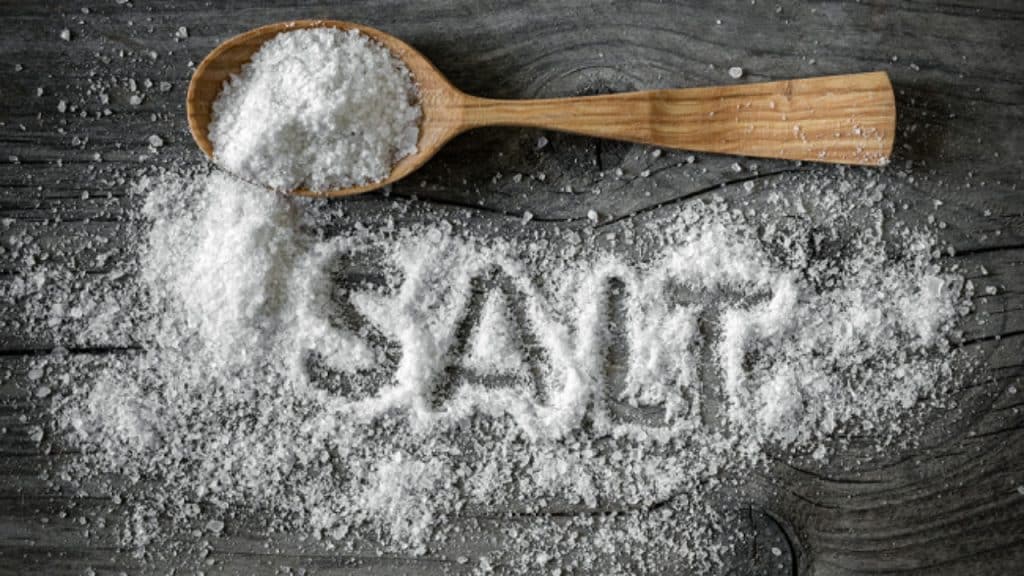There may be some debate over whether salt or saturated fat is the most maligned part of a regular diet, but what’s not in doubt is that lots of doctors and other experts like to ply us with dire warnings about what could happen if we eat too much of them. But is salt really as bad as they all say?
Salt and sodium often get used interchangeably, and they are very similar. Salt is technically sodium chloride, so it’s about 40% sodium, and it’s the main source of sodium in our diet. You can find it in nearly everything. There are some foods that are particularly high in salt, like anchovies, bacon and cheese, but it can also show up in unexpected places like bread. Obviously, you find it on snacks like salted nuts or French fries, and the more processed your meal is, the more likely it’ll be salty.
That means it’s very easy to get sodium from your diet without adding salt. Unfortunately, salt is also one of the most effective seasonings available. Saltiness is one of the five tastes, along with sweet, sour, bitter and umami (savory). We have a whole section of our tongue dedicated to it. It’s really tempting to add more.
That’s where the problems start. The most notable health condition related to excess salt intake is hypertension, or high blood pressure, which can lead to all sorts of other cardiovascular issues, right up to making it more likely you’ll have a heart attack or stroke. That might make you think you should avoid salt completely.
The trouble is that we need sodium. It’s vital to keeping our fluid levels balanced, for keeping our nerves and muscles working properly, and even for helping other nutrients be absorbed. Historically, salt is also useful as a preservative. When there aren’t any fridges or freezers around, it can make your meat last longer without going bad.
Without salt, you could experience low blood pressure, dehydration or even have cholesterol trouble. This means, as with many nutrients, it’s not about cutting it out or dosing up but instead trying to strike a delicate balance so you experience the benefits without the side effects. The current recommendation is a little under a teaspoon a day, but most Americans consume more than that. When in doubt, talk to a doctor or other professional.




